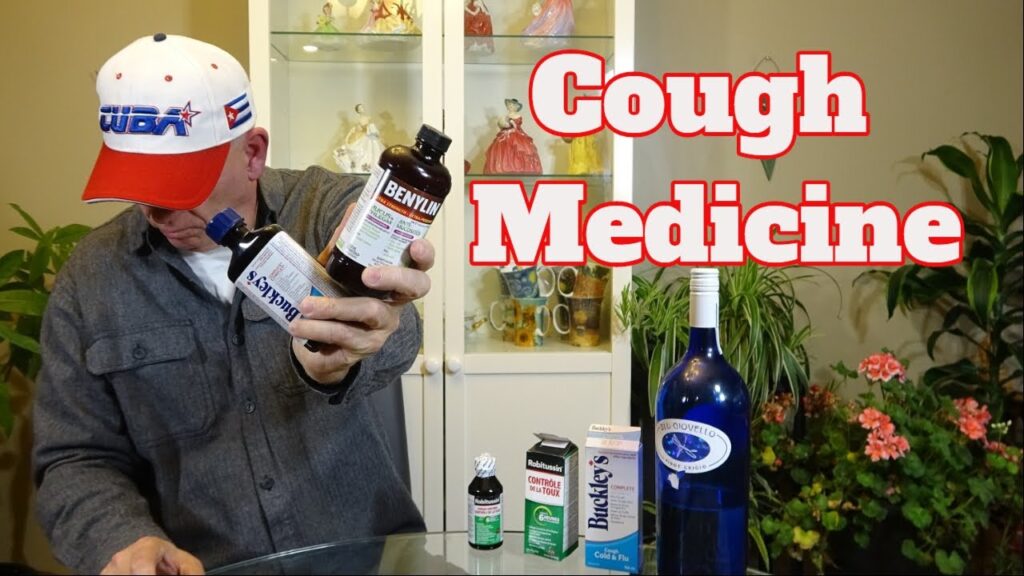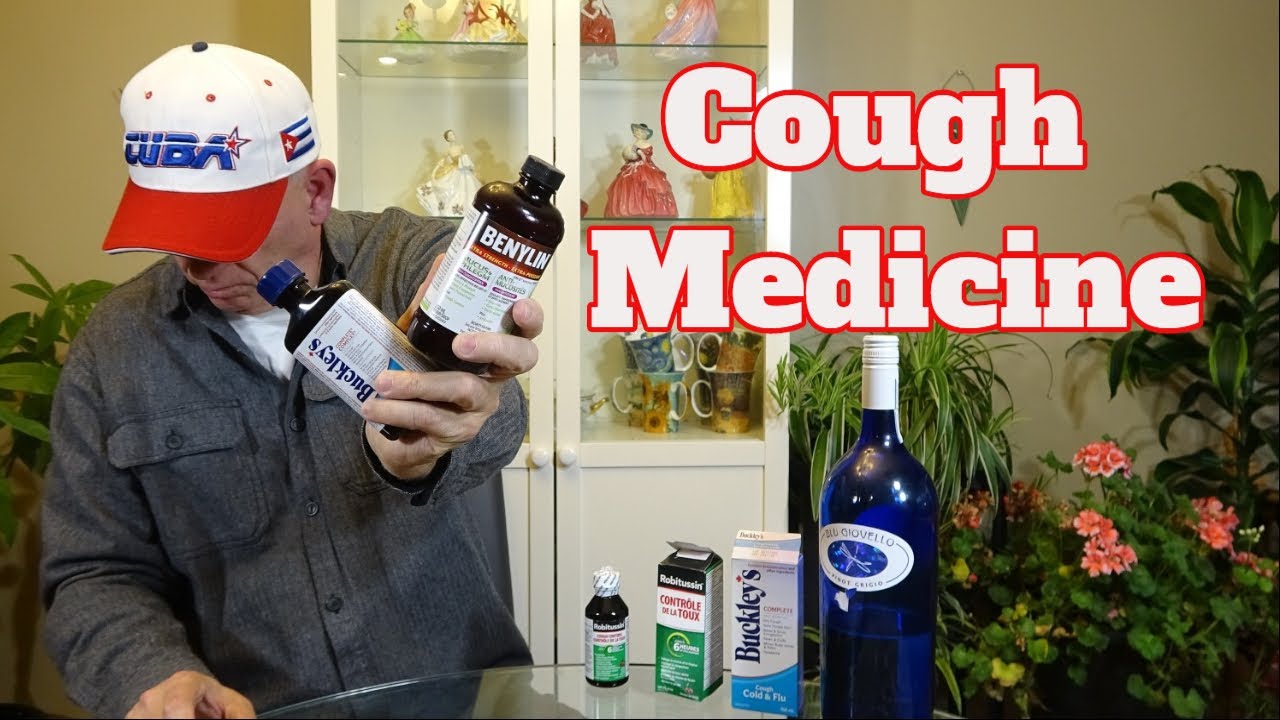
Cough Medicine That Contains Alcohol: Understanding the Risks and Alternatives
For generations, cough medicine that contains alcohol was a common remedy for soothing coughs and colds. While many modern formulations have moved away from alcohol-based ingredients, some still exist, and understanding their implications is crucial. This article delves into the reasons behind the use of alcohol in cough medicine, potential risks, and safer alternatives available today. We aim to provide a comprehensive overview, ensuring you make informed decisions about your health and well-being.
Why Was Alcohol Used in Cough Medicine?
Historically, alcohol served several purposes in cough medicine. Primarily, it acted as a solvent, helping to dissolve and mix various active ingredients. Many plant-based extracts and other compounds are more soluble in alcohol than in water. It also functioned as a preservative, extending the shelf life of the medication. Furthermore, alcohol has mild sedative properties, which could contribute to a feeling of relaxation and potentially suppress the cough reflex.
- Solvent: Dissolves and blends active ingredients.
- Preservative: Extends shelf life.
- Sedative: Provides a calming effect.
However, the presence of alcohol also presents a range of concerns, particularly for certain populations.
Risks Associated with Alcohol in Cough Medicine
The use of cough medicine that contains alcohol is not without its drawbacks. Several potential risks are associated with its consumption, especially for children, pregnant women, individuals with alcohol dependence, and those taking certain medications.
Children
Pediatricians generally advise against giving cough medicine that contains alcohol to children. Even small amounts of alcohol can have adverse effects on a child’s developing brain and liver. It can also lead to drowsiness, nausea, and, in rare cases, more severe complications. Many alcohol-free alternatives are available specifically formulated for children’s coughs and colds.
Pregnant Women
Alcohol consumption during pregnancy is widely discouraged due to the risk of fetal alcohol spectrum disorders (FASDs). Therefore, pregnant women should avoid cough medicine that contains alcohol. Safer options should be discussed with a healthcare professional to manage cough symptoms effectively.
Individuals with Alcohol Dependence
For individuals recovering from or struggling with alcohol dependence, cough medicine that contains alcohol can trigger cravings and potentially lead to relapse. It’s essential to choose alcohol-free alternatives and seek support if needed.
Drug Interactions
Alcohol can interact with various medications, potentially altering their effects and increasing the risk of side effects. Common interactions include those with sedatives, antihistamines, and certain pain relievers. Always consult a pharmacist or healthcare provider to check for potential interactions before taking cough medicine that contains alcohol, especially if you are on other medications. [See also: Over-the-Counter Medication Interactions]
Identifying Cough Medicine Containing Alcohol
Identifying cough medicine that contains alcohol requires careful examination of the product label. The ingredient list will typically specify the presence of alcohol, often listed as ethyl alcohol or ethanol. The percentage of alcohol by volume (ABV) may also be indicated. If you are unsure, consult with a pharmacist to confirm whether a particular cough medicine contains alcohol.
Alternatives to Cough Medicine with Alcohol
Fortunately, numerous effective alternatives to cough medicine that contains alcohol are available. These options provide relief from cough symptoms without the risks associated with alcohol consumption.
Non-Alcohol-Based Cough Syrups
Many cough syrups are formulated without alcohol, using alternative solvents and preservatives. These syrups often contain ingredients like dextromethorphan (a cough suppressant) or guaifenesin (an expectorant) to relieve cough symptoms. Always follow the dosage instructions carefully and consider consulting a healthcare professional for guidance.
Natural Remedies
Several natural remedies can help soothe a cough without the need for medication. These include:
- Honey: Honey has been shown to be effective in reducing cough frequency and severity, particularly in children over one year old. [See also: Benefits of Honey for Coughs]
- Steam Inhalation: Inhaling steam can help loosen congestion and soothe irritated airways.
- Hydration: Drinking plenty of fluids helps to thin mucus and make it easier to cough up.
- Throat Lozenges: Lozenges can provide temporary relief from a sore throat and suppress the urge to cough.
Prescription Medications
In some cases, a healthcare provider may prescribe stronger medications to treat a cough, particularly if it is caused by an underlying medical condition such as bronchitis or pneumonia. These medications may include:
- Cough Suppressants: Prescription-strength cough suppressants can help to reduce the frequency and intensity of coughing.
- Expectorants: Expectorants help to loosen mucus and make it easier to cough up.
- Bronchodilators: Bronchodilators help to open up the airways, making it easier to breathe.
Reading Labels and Understanding Ingredients
A crucial aspect of choosing the right cough medicine is carefully reading and understanding the product label. Pay attention to the active ingredients, inactive ingredients, and any warnings or precautions. If you have any questions or concerns, consult with a pharmacist or healthcare provider.
Active Ingredients
Active ingredients are the components of the cough medicine that are responsible for its therapeutic effects. Common active ingredients include:
- Dextromethorphan: A cough suppressant that helps to reduce the urge to cough.
- Guaifenesin: An expectorant that helps to loosen mucus.
- Diphenhydramine: An antihistamine that can help to relieve allergy symptoms and suppress coughs.
Inactive Ingredients
Inactive ingredients are the components of the cough medicine that are not responsible for its therapeutic effects. These ingredients may include:
- Alcohol: As discussed, alcohol may be present as a solvent or preservative.
- Sugar: Sugar may be added to improve the taste of the medicine.
- Artificial Colors and Flavors: These may be added to make the medicine more appealing.
The Future of Cough Medicine
The trend in cough medicine is moving towards safer, more effective, and alcohol-free formulations. Pharmaceutical companies are investing in research and development to create innovative products that provide relief from cough symptoms without the risks associated with alcohol consumption. As awareness of the potential risks of alcohol in cough medicine grows, it is likely that alcohol-free options will become even more prevalent.
Conclusion
While cough medicine that contains alcohol was once a common remedy, the risks associated with its use, particularly for children, pregnant women, and individuals with alcohol dependence, outweigh the benefits. Fortunately, numerous safe and effective alternatives are available. By carefully reading product labels, understanding the ingredients, and consulting with healthcare professionals, you can make informed decisions about your cough treatment and ensure your well-being. Always prioritize your health and choose options that minimize potential risks. The availability of alcohol-free cough medicine makes it easier than ever to find relief without the drawbacks of alcohol consumption. Remember to consult with your doctor or pharmacist for personalized advice on the best cough medicine for your specific needs. [See also: Choosing the Right Cough Syrup]

